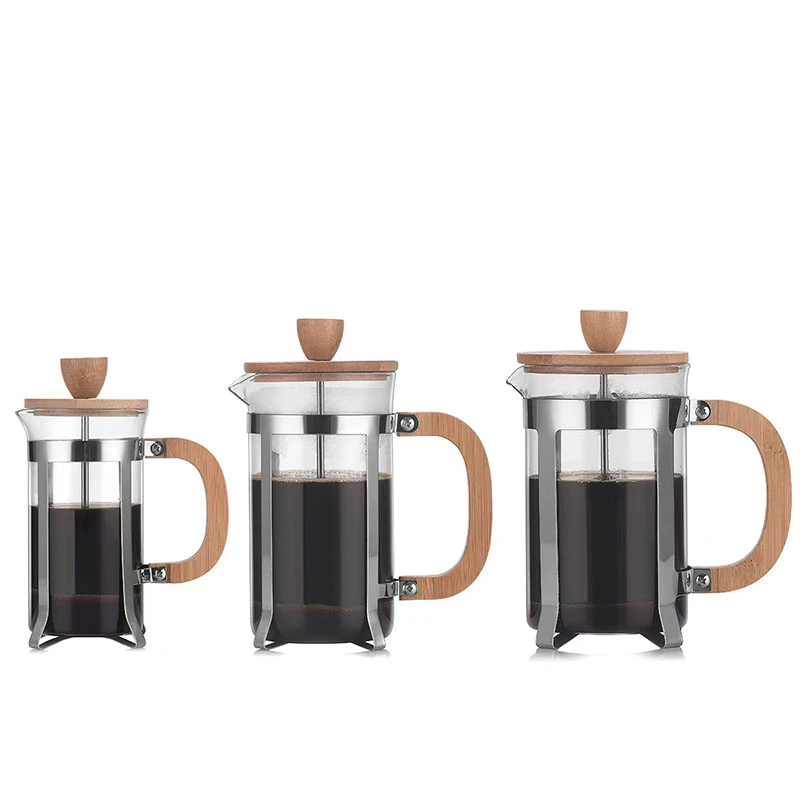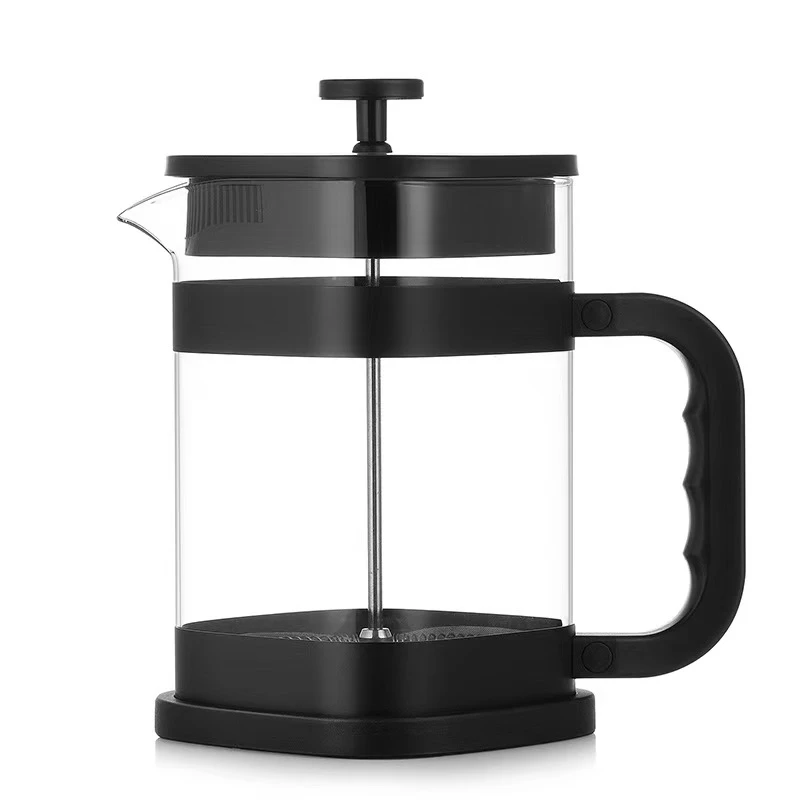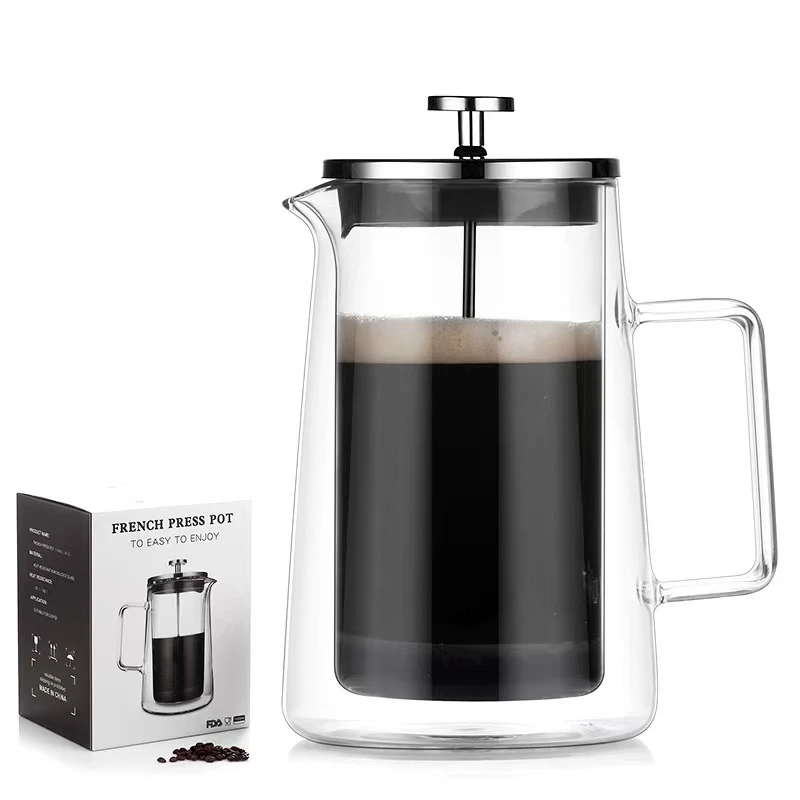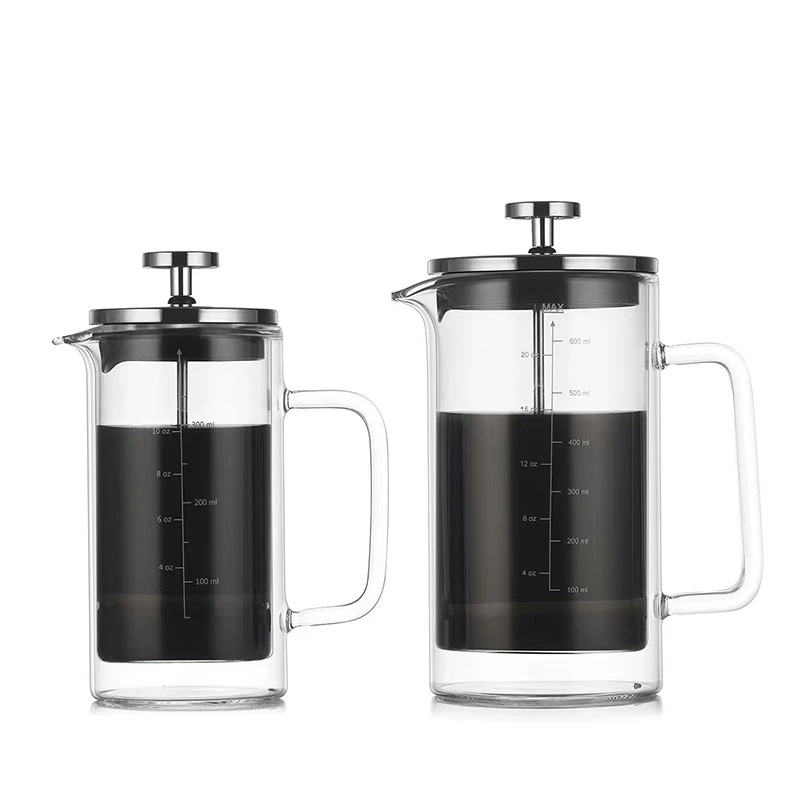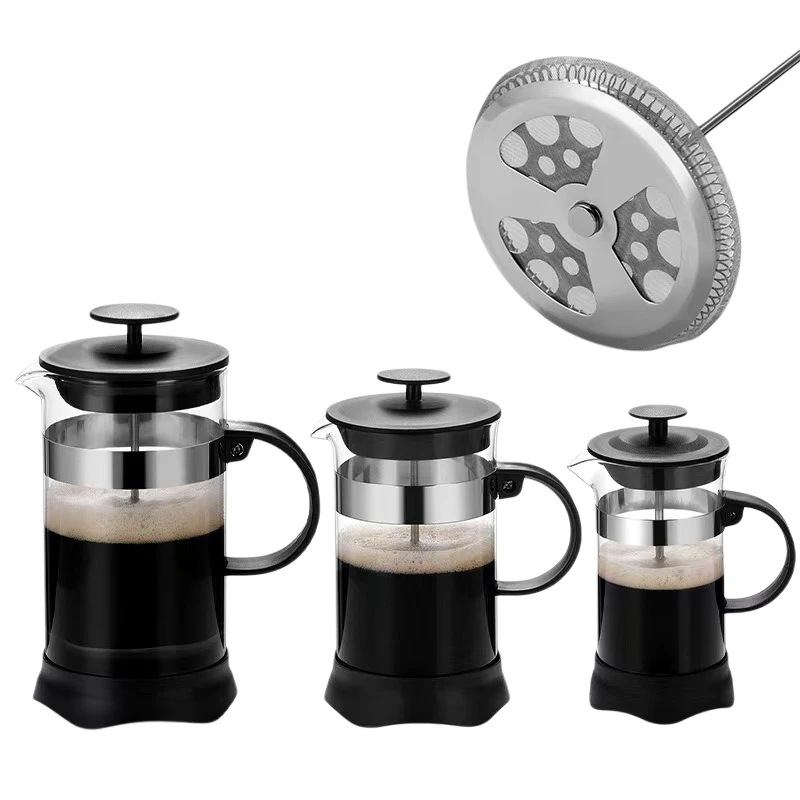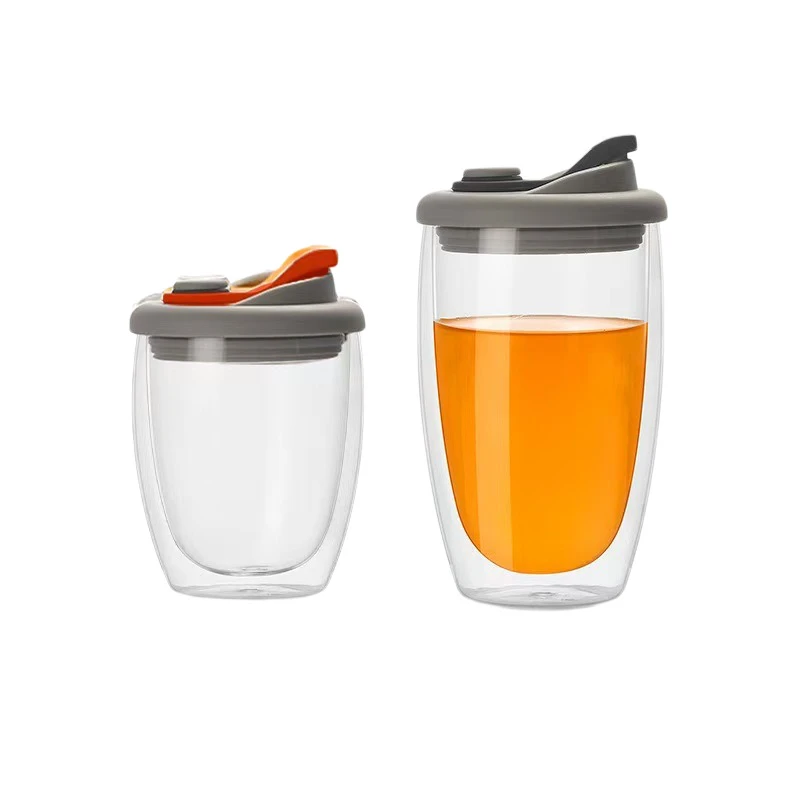 TEL: +86 311 67799298
TEL: +86 311 67799298 Email: tina@yintoglassware.com
Email: tina@yintoglassware.com
Eco-Friendly Water Bottles Made from Durable Reusable Glass for Everyday Use
The Benefits of Reusable Glass Water Bottles
In an age where sustainability is more crucial than ever, the choices we make regarding everyday products play a large role in our impact on the environment. One such choice is the selection of water bottles. Among the various options available in the market, reusable glass water bottles have emerged as a popular choice for consumers who prioritize health, safety, and environmental responsibility.
Health and Safety
One of the primary advantages of reusable glass water bottles is their health benefits. Unlike plastic bottles, which can leach harmful chemicals into the water—especially when exposed to heat—glass bottles are non-toxic and do not pose any risk of chemical contamination. Products like BPA (Bisphenol A), which are commonly found in many plastic bottles, have been linked to various health problems, including hormonal disruptions and increased cancer risk. In contrast, glass is inert, meaning it won’t react with its contents, ensuring that your water is free from unwanted impurities.
Environmental Impact
The environmental implications of using glass over plastic are significant. The production and disposal of plastic bottles contribute dramatically to pollution and waste. In fact, according to the World Economic Forum, it is estimated that by 2050, there could be more plastic in the oceans than fish by weight if consumption rates remain unchanged. Reusable glass bottles can help mitigate this crisis. Each time a glass bottle is reused, it reduces the demand for new plastic bottles, thereby lessening the amount of plastic waste generated. Additionally, glass is 100% recyclable, meaning that when a glass bottle reaches the end of its life, it can be melted down and made into something new without losing quality.
Durability and Design
reusable glass water bottles
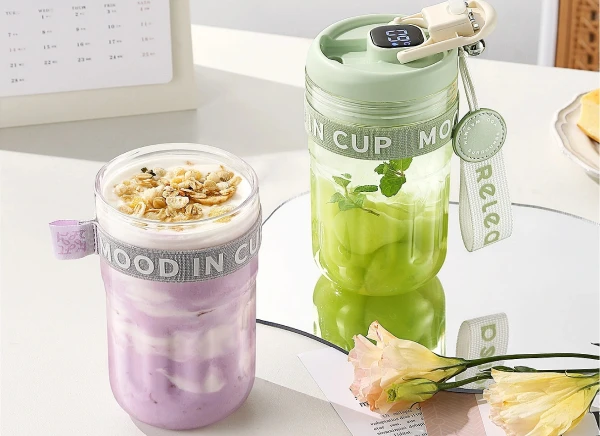
Another benefit of glass bottles is their durability. Many modern reusable glass water bottles come equipped with silicone sleeves that provide extra protection against breakage. This means that while they may not be as indestructible as some insulated plastic options, they can withstand daily wear and tear. Moreover, glass bottles are often aesthetically pleasing, coming in various designs, shapes, and colors. This makes them a trendy accessory for those who want to express their personality while making an eco-friendly choice.
Cost-Effectiveness
While the initial cost of reusable glass water bottles may be higher than that of their plastic counterparts, they prove to be more cost-effective in the long run. With the ability to refill them countless times, consumers save money by avoiding the need to buy single-use plastic bottles. Moreover, many cafes and restaurants now offer discounts for patrons who bring reusable containers, further incentivizing the switch to glass.
Promoting a Sustainable Lifestyle
Using a reusable glass water bottle fosters a lifestyle centered around sustainability and conscious consumerism. It encourages individuals to be more mindful of their consumption habits, inspiring them to seek other eco-friendly alternatives in their daily lives. By making a simple switch, consumers can play a role in a larger movement towards environmental protection and sustainability.
Conclusion
In conclusion, reusable glass water bottles are a responsible choice for those looking to improve their health, reduce their environmental footprint, and embrace a more sustainable lifestyle. The health safety, environmental benefits, durability, cost-effectiveness, and stylish designs of glass bottles make them a superior choice compared to plastic alternatives. By choosing to invest in a reusable glass water bottle, individuals can contribute to a cleaner planet and promote a culture of sustainability, one sip at a time. So, the next time you reach for a bottle of water, consider opting for glass—your health and the environment will thank you.
-
Benefits of Vacuum Containers with Pumps for Food PreservationNewsJun.12,2025
-
Glass Food Storage Container with Lid for Seal PreservationNewsJun.12,2025
-
Styling Amber Glass Plates for Modern TablescapesNewsJun.12,2025
-
Benefits of Double Wall Coffee Cups for Heat RetentionNewsJun.12,2025
-
Colored Glass Bowls in Cultural TraditionsNewsJun.12,2025
-
Durability of Colored Glass Dinnerware Compared to CeramicNewsJun.12,2025



